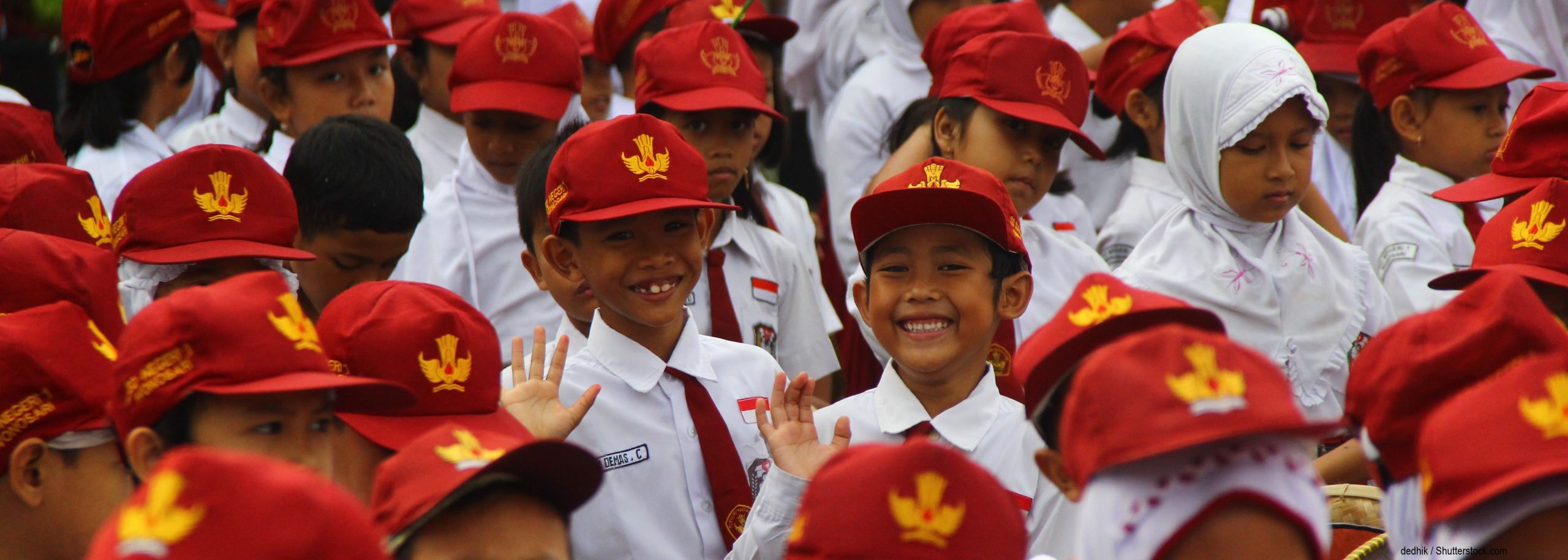Suryani, A. and Muslim, A. B. (2024). Embracing Diversity: Preparing Future Teachers to Foster Religious Tolerance. Springer.
Welcome to the Leading to Improve Future Teachers (LIFT) Studies
Led by Dr Anne Suryani, the LIFT Studies aim to enhance the quality of future teachers through research and practice.
Study 1: Motivation to Become Teachers
Students currently enrolled in teacher education courses will have a substantial impact on education in the future. It is therefore important to investigate their motivations for entering into teacher education, their perceptions about the teaching profession, and their career aspirations.
Study 2: Teaching Religious Tolerance and Democratic Attitudes in Indonesia
Multicultural societies pose many challenges for democracy, including the management of diverse and often competing aspirations of different cultural groups. In Indonesia, problematic inter-religious relations have led to violent conflicts and persecution of religious minorities. Our LIFT study focuses on tolerance as a key aspect of democratic citizenship.
Study 3: Teacher Education Students’ Perceptions towards Religious Tolerance Education
Australia is inherently a multicultural nation with a strong multi-faith community. Recent census indicates the rapid diversification of Australia’s population. Australians are becoming less religious and more religiously diverse (Australian Bureau of Statistics [ABS], 2017; 2022).
Founder & Chief Investigator - Dr Anne Suryani
Anne holds a PhD in Educational Psychology and MEd by Research from Monash University, along with a MSc and BSocSc in Communication Studies from The University of Indonesia. She has received a number of awards and scholarships throughout her academic journey, including the Mollie Holman Doctoral Medal for the best PhD thesis in education. Anne has been working in a range of government-funded, consultancy and grant-based educational research in the Asia-Pacific Region. Her research interests include teacher motivation, teacher education, teacher professional development, religious tolerance education, and educational policy.
In December 2022, Anne received the Australia-Indonesia Institute Studies and Cultural Leadership Award in recognition of the LIFT Studies initiative.
Read moreThis study expanded on the original FIT-Choice theoretical framework by integrating several culturally specific factors relevant to the Indonesian setting. ‘Second job’ (opportunity to work at another job), ‘religious influences’ (influence from religion to enter teacher education), ‘tuition fee for teacher education’ (cheaper tuition), ‘admission into teacher education’ (less competitive entry), ‘time for teacher education’ (shorter, less waiting time to get a job) and ‘media dissuasion’ (mass media influence to not choose teaching) were all effectively measured by new subscales and were found to be relevant.
Religious beliefs and influences play an important role in student participants’ decision to become teachers and their career aspirations. They planned to align their personal work goals with their life goals that includes strong influences from religion. This would enable them to serve others while working in a decent and noble profession at the same time.
Social utility values, prior teaching and learning experiences, intrinsic career value and religious influences were the main motivations for choosing teacher education, followed by secure progression prospects and 'second job'. Teaching was perceived as a highly expert career, with high social status.


